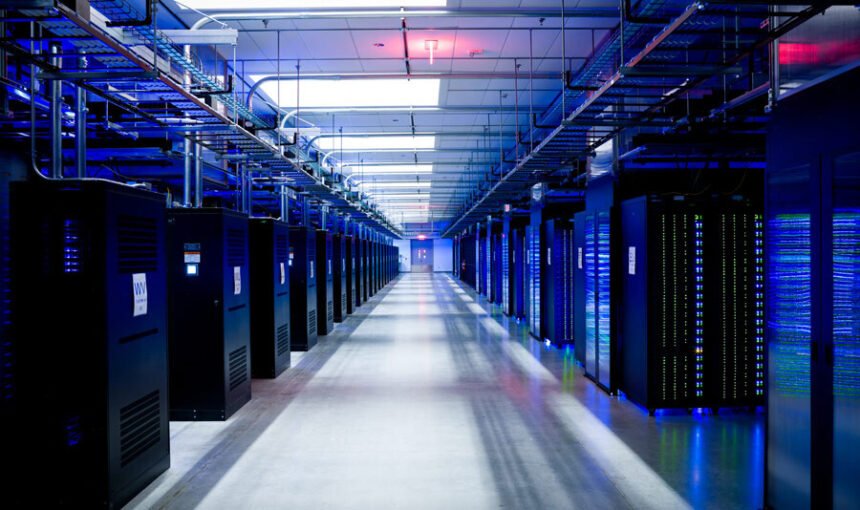When businesses face disruption, no matter what the cause, it becomes easy to say that they should have had a disaster recovery plan in place. By then, however, it is already too late. The best-prepared businesses implement disaster recovery by default, regardless of whether they think a threat is imminent or not. The reality is that disaster is could strike your organisation at any point, so it’s vital that you are always prepared for it.
Human error
One of the biggest causes of business disruption stems from human error. This could be the result of accidentally deleting an important file, losing a USB containing sensitive information or any number of other actions.
Education and employee training should form a significant part of any disaster recovery plan. Members of staff must have a clear plan of action so they know exactly how to respond in the event of disruption.
Technical failures
Effective disaster recovery plans are also designed to cope with technical failures, whether that’s a software glitch or a hardware malfunction. Data back-up is one of the most prominent parts of the solution, allowing businesses to resume operations without losing vital information.
Businesses should also ensure that their disaster recovery solutions deliver real-time back-up. This means that firms can restore their applications and data exactly as it was before the outage, lost data can be costly to businesses. If your back-up solutions are only updated every day, week or month, then a lot of important information could potentially be lost.
Downtime is costly
Another reason why your business should set up a disaster recovery plan stems from the fact that disruption is costly. By undertaking business impact analyses, firms can ascertain exactly how much financial damage is caused when IT services go down. It will confirm exactly how much money your business will lose if the payments processing platform fails for an hour or if your cloud software undergoes unexpected maintenance.
Disaster recovery is capable of saving businesses from a great deal of immediate financial damage, but it can also deliver long-term savings that are difficult to quantify. Every time your business suffers downtime, the reputational impact could result in the loss of existing customers and make it more difficult to attract new ones.
An always-onworld
Disaster recovery is also hugely important because of current expectation levels amongst customers and clients. We live in an always-on world and, hence, there is little sympathy for organisations that are struggling to recover quickly from disruption. If you have the right plan in place, then you’re much more likely to meet customer service expectations.
Impossible to predict
The number one reason why disaster recovery is so important to businesses, is because it is only a matter of time before you face disruption. From natural disasters to faulty wiring, there is no shortage of catastrophes that could befall your business, and most of them will be beyond your control. Disaster recovery plans, like those offered by Sungard AS, recognise that disasters cannot be prevented or predicted, but they certainly can be prepared for, resulting in shorter downtime and higher rates of customer satisfaction.






